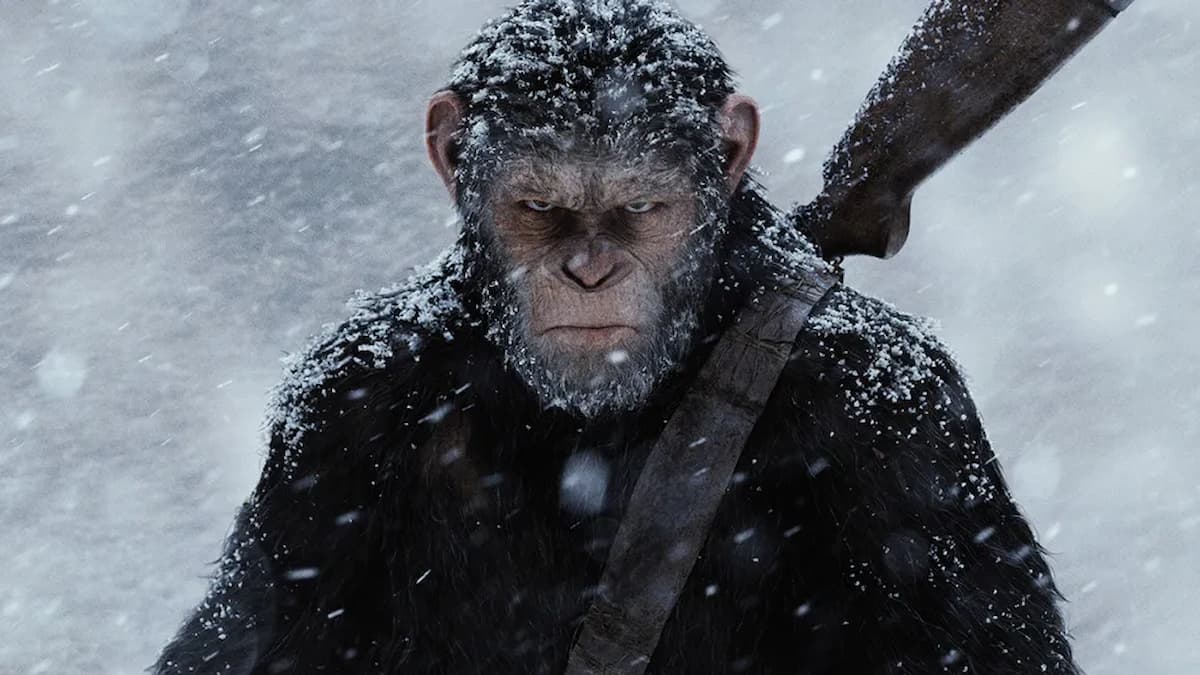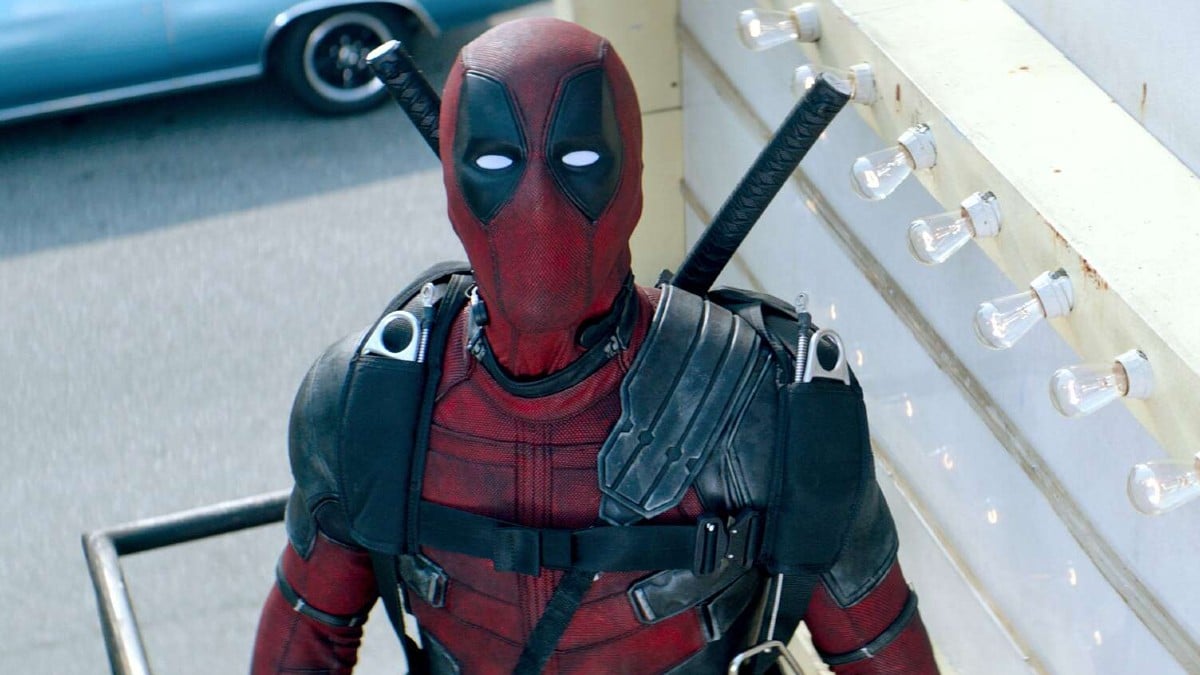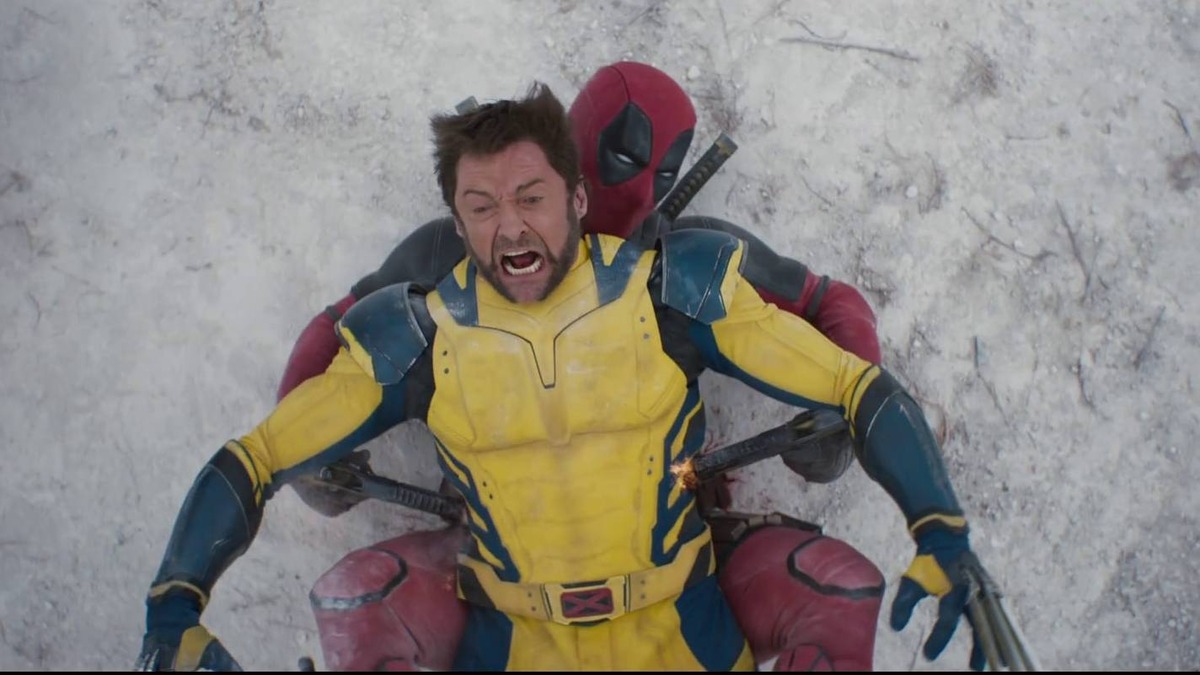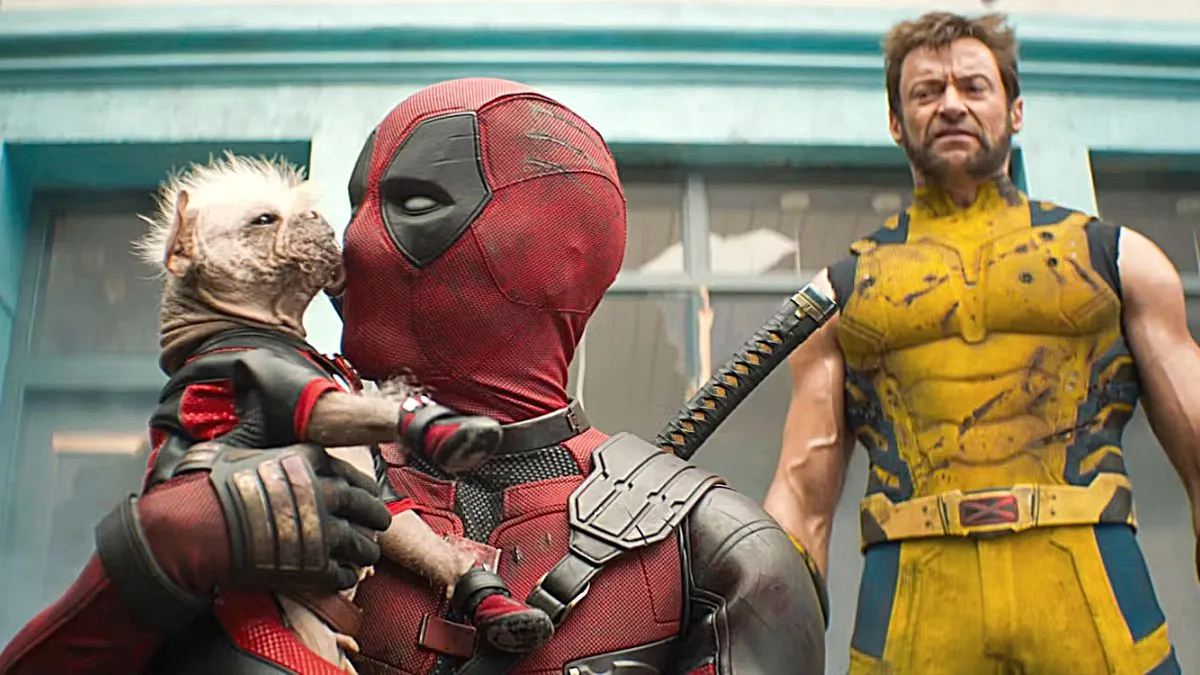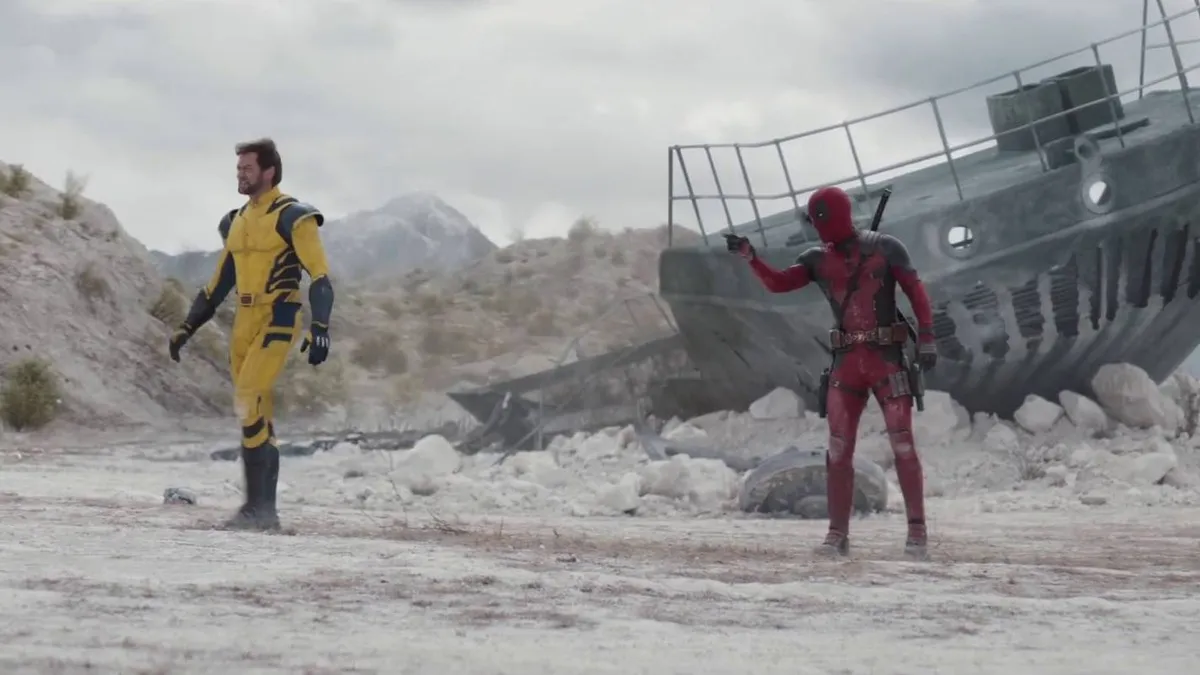
Editor’s Note: Will Chadwick reviewed Moonrise Kingdom upon its initial New York/Los Angeles release two weeks ago, but our Denver-based critic Jonathan Lack – an avid Wes Anderson aficionado – has now chimed in with his own analysis of the film.
The word auteur is entirely overused and misunderstood in the field of film criticism, but in its true form, the label certainly applies to director Wes Anderson. There are unique, instantly identifiable tonal and thematic connections across his body of work that could come from no one else, and he has maintained a high level of quality throughout his career. I would even argue his work has generally improved from film to film, his ruminations on the meaning, worth, and make-up of family units deepening in perception and execution as he goes along. Case in point: no other director could make a stop-motion animated film about foxes one of cinema’s most startlingly entertaining and insightful dissections of basic familial concepts.
The development of Anderson’s craft culminates in the spectacular Moonrise Kingdom, his latest and most accomplished work. Here, he expands his thematic ambition beyond the importance of family to explore an idea that is simultaneously more complex and simplistic than any he has yet tackled: why is it we need people in our lives? Is the pain we feel living among others worth the benefits we receive? What are those benefits? How do we process our emotions when we feel cut off from others? Is it truly possible for one person to meaningfully change our lives?
Moonrise Kingdom tackles all this and more. Though the film’s impressive ensemble cast includes characters of all different ages, Anderson understands that the best way to study these concepts is to view them through the eyes of a child. Children are not jaded to the world like adults; their emotions are no less valid or complex, but they feel their way through life on simpler, more direct levels, which we can learn from only if we take the time to stop and listen.
Anderson does this, giving his lead roles to two unknown preteen actors. Kara Hayward and Jared Gilman play Suzy and Sam, two children feeling estranged and uncomfortable in their small island community of New Penzance. Anderson develops these characters as relatable, empathetic outsiders quickly and with a great deal of pathos: Sam is an orphan still reeling from the loss of his parents, desperately desiring friendship but rejected by the other kids in the Khaki Scouts for his social awkwardness and obvious superiority in all areas of scout training. Suzy, meanwhile, feels disconnected from her family; her little brothers live in a world of their own, and she no longer trusts her parents because her mother is carrying on an affair. Her aloof nature and severely introverted personality have resulted in several public outbursts that distance Suzy from her surroundings – especially her well meaning but confused – even further.

When we meet these characters, they have run away together, Sam from camp and Suzy from her family. They barely know each other, but they are sure they are in love. It is a concept they have scarcely come to understand, but the feeling is absolutely legitimate, for each gives the other something they have never had before: acceptance. When they first meet, Sam immediately latches onto Suzy for who she is, not who others think she should be, and Suzy opens up without asking Sam to be anything other than himself. It’s as simple as that, and through their relationship, Anderson paints a soft, naturalistic portrait of love in its most basic form.
At first, the adults are confused by Sam and Suzy’s actions, and the majority of the film’s action comes from the grown-ups’ search effort. But eventually – and this is where Moonrise Kingdom starts encroaching on masterpiece territory – the adults begin to realize that Sam and Suzy’s feelings are more than childish whims of rebellion. The adults, and the audience in turn, begin to discover the simple truth I related above: that these children should not be admonished for reacting to the world in unorthodox ways, but celebrated for having the strength to find and rely on a person who makes them feel accepted.
After all, that’s why we bother surrounding ourselves with people in the first place; it hurts sometimes, and the more negative experiences we have with others, the less likely we are to reach out in the future. That’s where many of the adults are at the film’s outset. Suzy’s parents, played by Bill Murray and Frances McDormand, are wandering through life at this point, so bogged down by a quietly dysfunctional marriage that they can scarcely find reason to invest themselves in anything, including their children. Bruce Willis plays the island’s police chief, a lonely man whose bad luck in love chains him deeper and deeper into a prison of his own isolation. As these characters, among others, observe what Sam and Suzy have found in each other, they come to realize where they’ve gone wrong in life, and take steps to repair or create those relationships that matter most.

Anderson has spent his entire career exploring the ways humans connect with one another, but never with this level of emotional honesty or characters this richly defined. Watching the ensemble craft individuals of such staggering depth and complexity, sometimes with very limited screen time, is nothing short of miraculous. Willis is easily one of the film’s standouts, telling us so much about how this man lives his life and how these experiences affect him with nuance and grace; it may be the most moving performance of his career.
As Scout Master Randy Ward, Edward Norton is even better. Randy is a good-hearted role model completely devoted to the scouts, but it’s not until Sam goes missing that he starts to realize why he cares about this job so deeply. The reasons – that he, like everyone else, needs people in his life and benefits from being able to guide and assist others – are simple, but the emotions involved are not, and Norton brilliantly illustrates every feeling and realization Randy experiences. The character stands among the most fascinating and memorable creations in the entire Wes Anderson canon.
But for the adults – and the audience – to go through their respective arcs, there has to be a clear reason for them – and us – to believe in these kids. Kara Hayward and Jared Gilman provide this reason. Anderson has gifted them with strong material and clear direction, but that shouldn’t take away from the fact that these young actors are terrific, three-dimensionally inhabiting these characters without acting like anything other than children. That sort of layered naturalism in young performers is nearly impossible to come by, but these two pull it off spectacularly. Anderson never even feels compelled to let the adults pick up the emotional slack, as often happens in child-centric dramas. Hayward and Gilman are the arbiters for their own characters’ feelings and development, and the scenes they share are simply magical.

On a technical level, Moonrise Kingdom is unparalleled. Anderson is completely confident in his own tone and style, and while he pushes his particular dials close to 11 this time around, he does so with awe-inspiring precision, creating one of the most impressive movie atmospheres in recent memory. New Penzance is a world unto itself, with a creative, beautiful design and clearly established geography. Cinematographer Robert Yeoman captures it all perfectly, and for the color scheme and framing, Anderson has borrowed liberally from visual techniques developed for Fantastic Mr. Fox. The remarkable degree of thoughtfulness in the film’s compositions is usually reserved for animation; I doubt there’s a single frame in the entire movie that couldn’t function as a standalone work of art. The musical choices – a mixture of sixties tunes, classical music, and original pieces by Alexandre Desplat – are distinctly Anderson, but seamlessly integrated with the visuals to create an overarching tone so unified and assured that the film is practically hypnotic.
The highest praise I can give Moonrise Kingdom is that it lingers; I cannot stop thinking about the film’s characters, the wholly satisfying way the story resolves, connections I felt to my own life experiences, etc. My estimation of the film grows higher with each passing minute, and I cannot wait to return and immerse myself in the world of New Penzance again in the future. For now, Moonrise Kingdom is the best American film of 2012, and it earns my highest recommendation.


